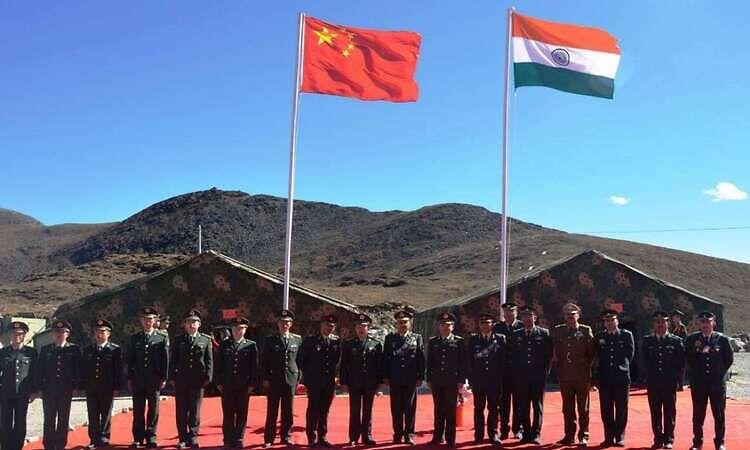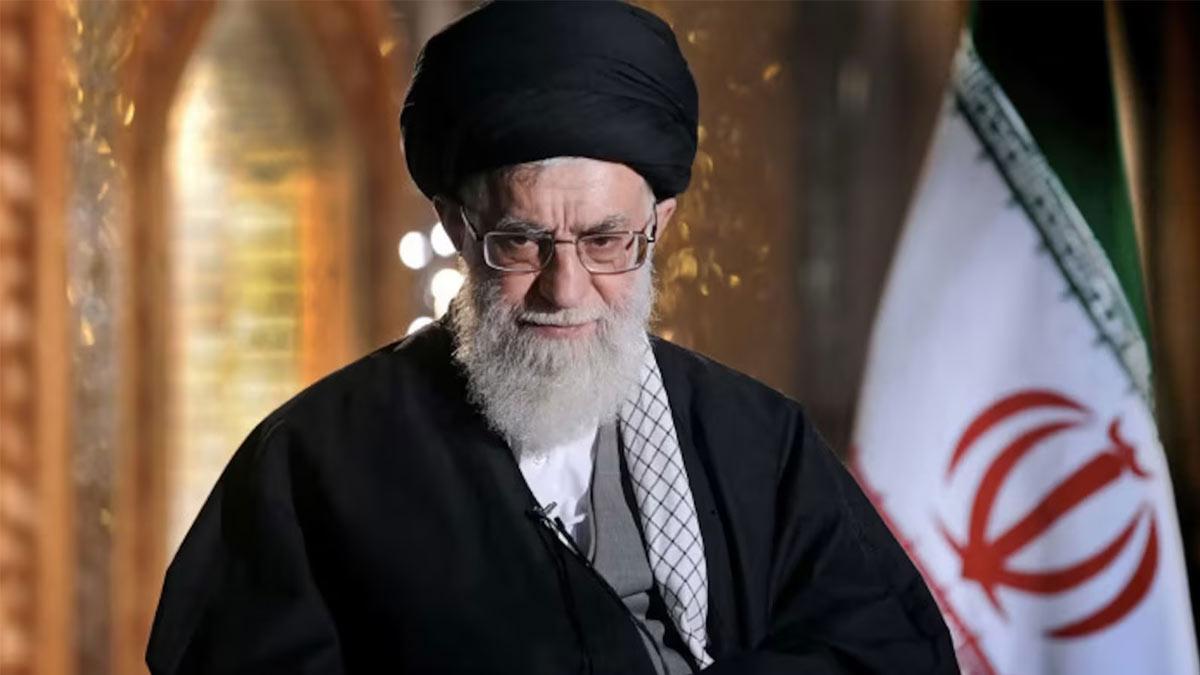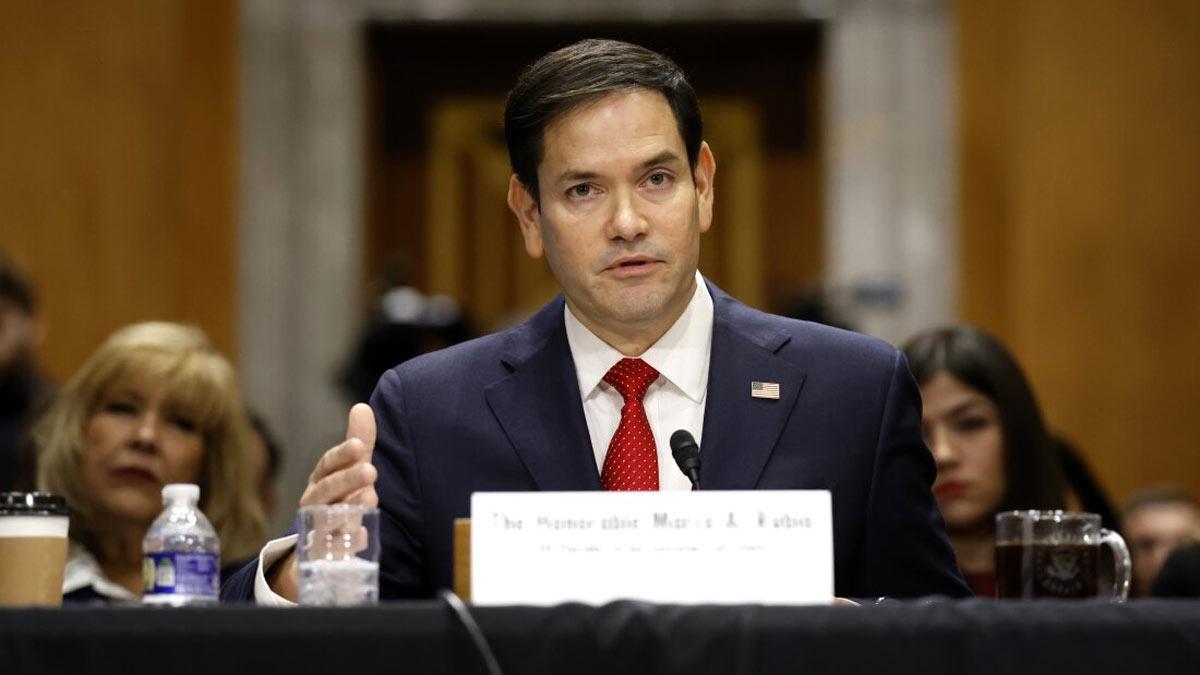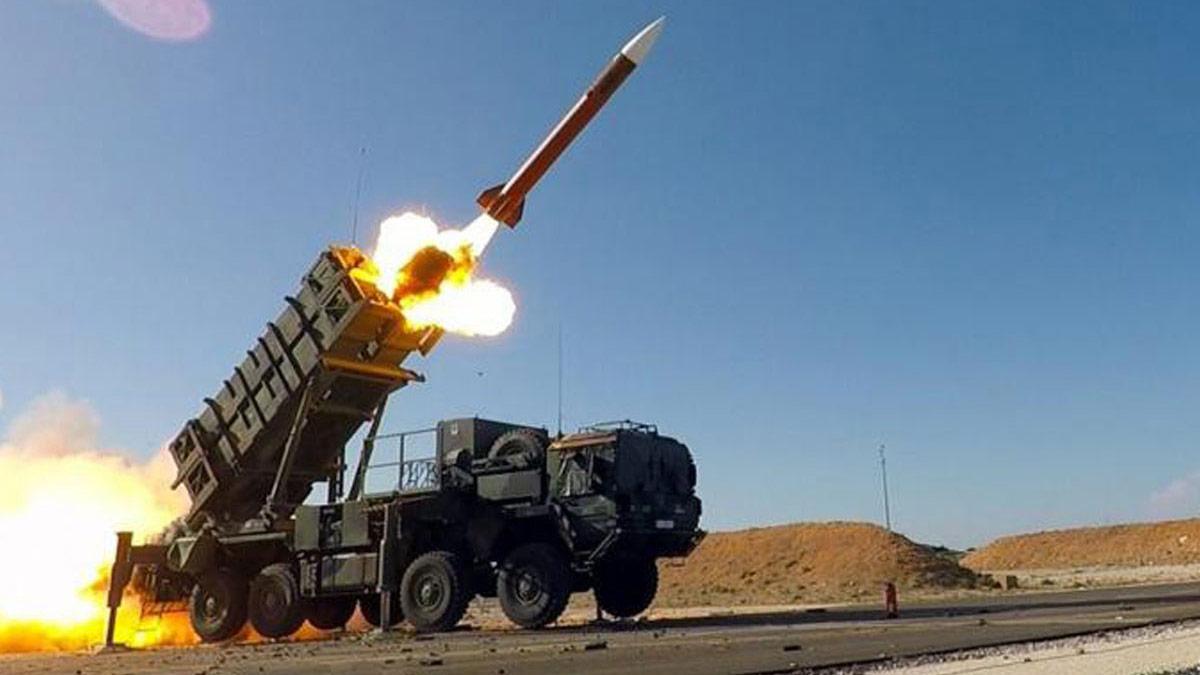Ahead of the 15th round of Corps-Commander level talks between India and China at the LAC on 11th March, the military and diplomatic officials in New Delhi have low expectations in terms of a positive conclusion to the border standoff between the two countries.
The PLA is still patrolling the forward position at the Gogra-Hot Springs and has been slow to return to the 2020 status of the LAC, despite India having the “legacy rights” to man the Depsang Bulge and Charding Nullah Junction in Demchok, as per a report by Hindustan Times (HT).
Nevertheless, the two have maintained communication between the militaries so as to avoid any event of clashes such as the one which took place in the Galwan valley in June 2020.
The military standoff began in May 2020 when the PLA decided to unilaterally alter the ground position between the Galwan Valley and north of Pangong Tso in eastern Ladakh sector.
Also read| EU leaders to focus on Russia-Ukraine crisis at informal summit
The tensions peaked in June 2020 when soldiers of the PLA attacked the Indian Army personnel. These clashes ended with 20 Indian soldiers martyred and over 40 Chinese soldiers killed.
Since 2020, both the militaries have positioned at least 50000 soldiers to ensure no alteration in status quo. This deployment includes artillery, armour and rocket regiments.
The Indian Foreign Secretary on Wednesday said that the relationship between New Delhi and China has to be based on 3 mutuals: “Mutual respect”, “mutual sensitivity” and “mutual interest”.
The Indian Foreign Secretary on Wednesday said that the relationship between New Delhi and China has to be based on 3 mutuals: “Mutual respect”, “mutual sensitivity” and “mutual interest”.
The previous 14 rounds of talks have resolved issues pertaining to areas of North and South Bank of Pangong Tso, Galwan and Gogra Hot Springs.
Also read| Foreign Ministers of Russia and Ukraine discuss Putin-Zelensky summit to end war
Recently, Chinese Foreign Minister Wang Yi said that New Delhi and Beijing must stop “draining each other’s energies” and work together to accomplish respective economic and social goals.
In a recent report titled “Annual Threat Assessment of the US Intelligence community” compiled by the Office of the Director of National Intelligence, it cited the 2020 lethal Galwan clashes as a critical event which has strained the relations between the two nuclear armed neighbours.


















